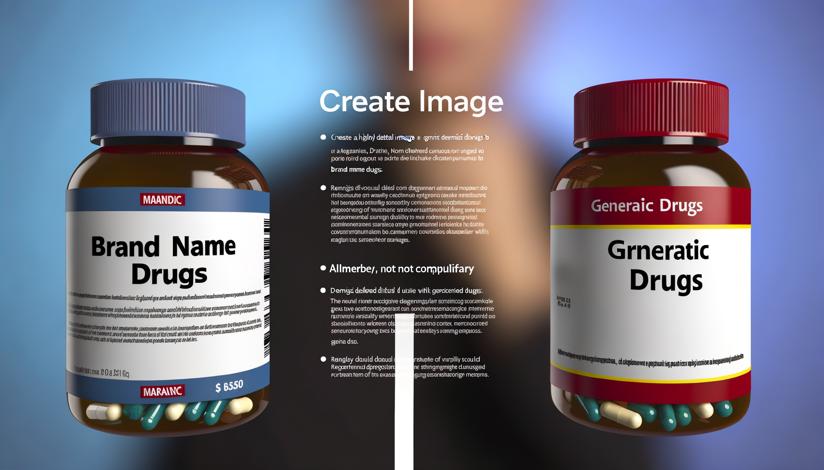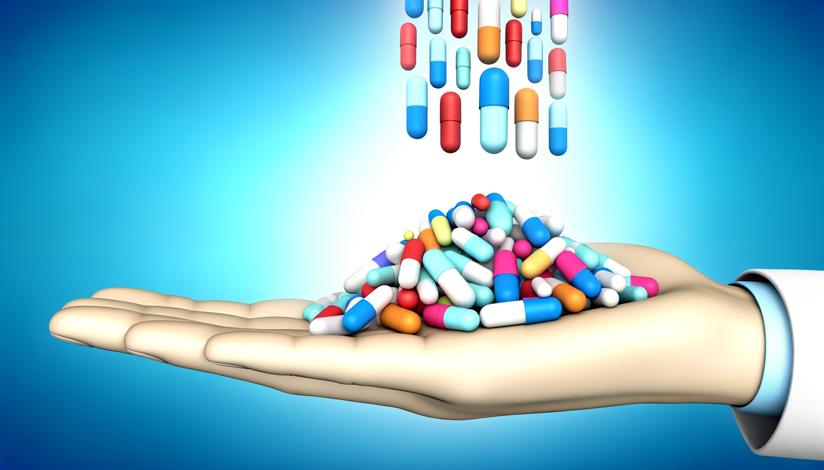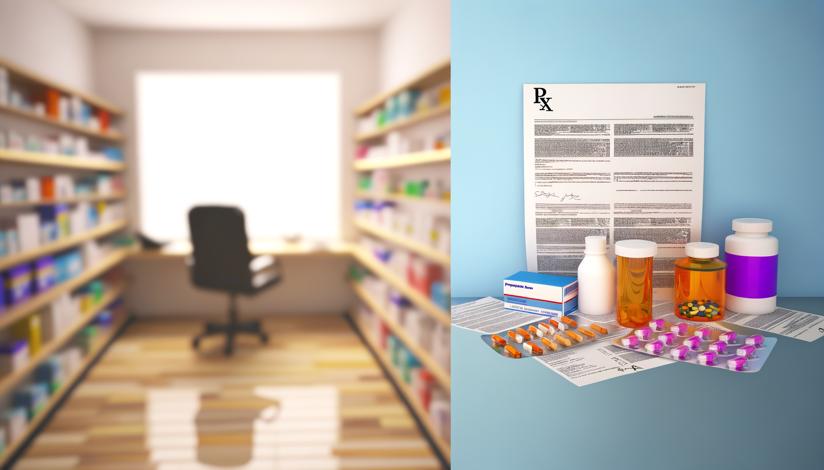

Brand Name Drugs:
Brand name drugs are developed and manufactured by pharmaceutical companies who have invested a significant amount of time and money into research and development. These companies hold exclusive patents that allow them to be the sole producers of these drugs for a certain period of time. This exclusivity ensures that the company can recoup their investment and make a profit.
One of the main advantages of brand name drugs is their extensive research and development process. These drugs undergo rigorous testing and clinical trials to ensure their safety and effectiveness. The companies behind brand name drugs also have a strong commitment to quality control, ensuring that each drug is manufactured to the highest standards.
Another advantage of brand name drugs is their reputation. These drugs have often been on the market for a long time and have established a track record of success. Many people feel more confident taking a brand name drug because they trust the company behind it.
However, there are some disadvantages to brand name drugs. The main drawback is their cost. Brand name drugs are often significantly more expensive than their generic counterparts. This can be a barrier for many people, especially those without insurance coverage. In addition, some brand name drugs may not be covered by insurance at all.
Generic Drugs:
Generic drugs are essentially identical to their brand name counterparts in terms of active ingredients, dosage form, strength, and route of administration. They are required to meet the same stringent quality standards as brand name drugs. The main difference between brand name drugs and generic drugs is the cost.
One of the main advantages of generic drugs is their affordability. Generic drugs are typically much cheaper than brand name drugs, making them more accessible to a wider population. This is especially beneficial for people who need to take medication regularly or for an extended period of time.
Another advantage of generic drugs is that they are often more readily available. Once the patent on a brand name drug expires, other pharmaceutical companies can produce and sell the generic version. This increases competition and can drive down prices even further.
However, there are also some disadvantages to generic drugs. One potential concern is the issue of bioequivalence. While generic drugs are required to contain the same active ingredients as their brand name counterparts, there may be slight differences in how they are absorbed and metabolized by the body. This can result in variations in effectiveness or side effects.
Conclusion:
In conclusion, the choice between brand name drugs and generic drugs ultimately comes down to individual circumstances and preferences. Brand name drugs offer the reassurance of extensive research and a proven track record, but they come at a higher cost. Generic drugs, on the other hand, are more affordable and accessible, but there may be slight variations in effectiveness or side effects.
It is important to consult with your healthcare provider and consider factors such as cost, insurance coverage, and personal preferences when making a decision. Ultimately, the most important thing is to choose a medication that is safe, effective, and fits your individual needs.

Extensive research and development
Established track record

Higher cost
Potential variations in effectiveness














-
https://www.fda.gov/drugs/generic-drugs/generic-drug-facts
-
https://www.mayoclinic.org/prescription-drug-costs/art-20367373




























